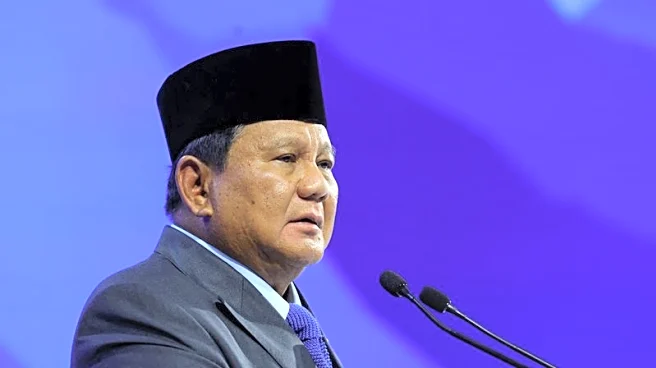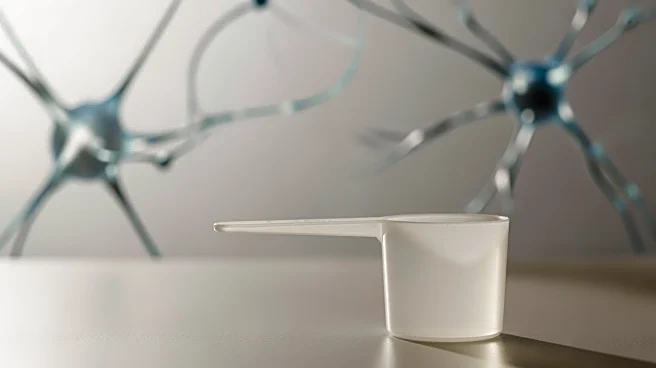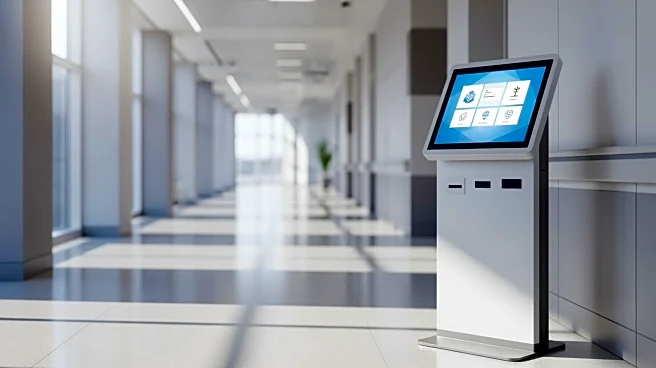What's Happening?
Arianna Huffington, CEO of Thrive Global, is promoting the concept of digital detox as a means to combat burnout and improve overall well-being. Huffington, who experienced severe burnout herself, emphasizes the importance of taking breaks from digital devices to recharge and maintain mental health. She argues that the prevailing culture mistakenly equates constant overwork with success, neglecting the risks associated with burnout. Huffington's approach involves small, incremental changes, termed 'micro steps,' to foster healthier habits and lifestyles. Her insights are shared in the new podcast 'CNBC Changemakers and Power Players,' where she discusses the need for a cultural shift towards valuing self-care and sustainable success.
Why It's Important?
The advocacy for digital detox by Arianna Huffington highlights a significant shift in how success and productivity are perceived in modern society. By challenging the notion that constant connectivity and overwork are necessary for achievement, Huffington is addressing a critical issue affecting mental health and work-life balance. Her approach could lead to broader acceptance of self-care practices, potentially reducing burnout rates and improving productivity across various industries. This shift is particularly relevant for younger professionals who may feel pressured to remain constantly connected, risking their health and well-being. The emphasis on micro steps offers a practical framework for individuals to adopt healthier habits without drastic lifestyle changes.
What's Next?
Huffington's initiative through Thrive Global is likely to influence corporate policies and individual practices regarding work-life balance. As more companies recognize the benefits of employee well-being on productivity, there may be increased adoption of digital detox strategies and support for mental health initiatives. The cultural shift advocated by Huffington could lead to changes in workplace norms, encouraging breaks from digital devices and promoting healthier work environments. Additionally, the ongoing discussions in platforms like the 'CNBC Changemakers and Power Players' podcast may inspire further research and dialogue on the impact of digital detox on mental health and professional success.
Beyond the Headlines
The push for digital detox raises ethical considerations about the role of technology in daily life and its impact on human interactions. As society becomes increasingly reliant on digital communication, the loss of empathy and emotional regulation, particularly among teens, is a growing concern. Huffington's advocacy may prompt a reevaluation of how technology is integrated into personal and professional settings, encouraging a balance that preserves human connection and emotional well-being. This movement could also influence educational approaches, emphasizing the importance of in-person interactions for social development.









